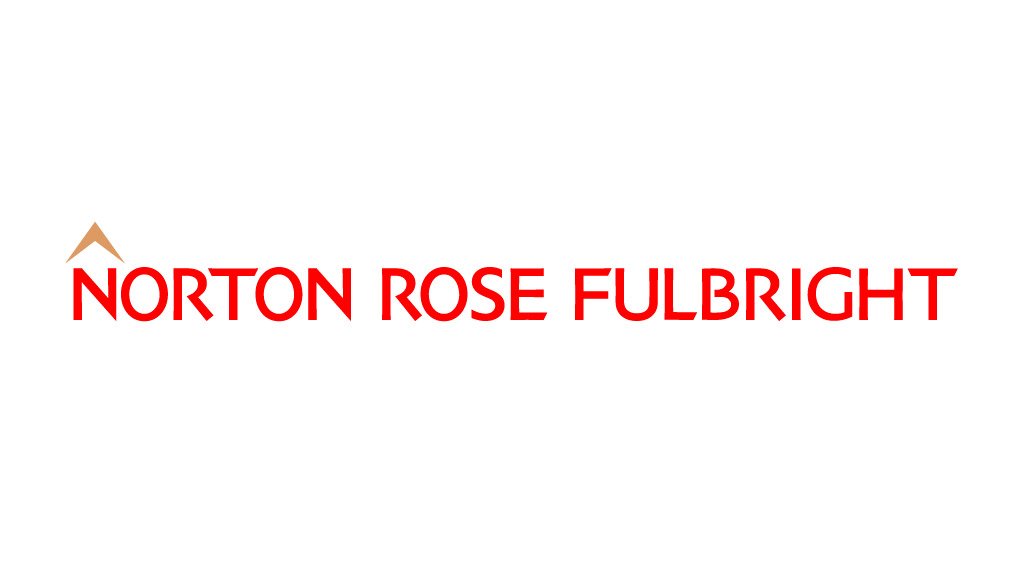As South African businesses suffer the impact of the Covid-19 pandemic and national lockdown, small businesses can apply for debt relief from most of the major South African banks and several State programmes.
The Department of Small Business has announced multiple interventions to assist small businesses. In addition to tax subsidies and incentives for compliant businesses, the following programmes have been announced:
- the Business Growth and Resilience Facility will provides working capital, stock, bridging finance, order finance and equipment finance to small businesses which supply in-demand medical supplies like hand sanitiser, with funding dependent on the business’s requirements.
- the SMME Relief Finance Facility will provide soft-loan funding for existing businesses which are distressed due to the effects of the Covid-19 pandemic. The aid will be available for six months from 1 April 2020, although businesses may apply for a longer period of assistance if additional assistance is required.
- the SEFA-Debt Restructuring Facility is geared towards SMMEs which are already funded by the Small Enterprise Funding Agency (SEFA) and are negatively affected by the Covid-19 outbreak. SEFA will grant a payment holiday for up to six months.
- The Industrial Development Corporation has put a package of more than R3-billion together for industrial funding to address the situation of vulnerable firms and to fast-track financing for companies critical to efforts to fight Covid-19 and its economic impact.
- R200-million in aid has been made available by the Department of Tourism to assist SMMEs in the tourism and hospitality sector who are under particular stress due to the travel restrictions.
While there were initial reports that businesses would need to be at least 51% Black-owned to qualify for state aid, the Minister of Small Business later clarified that businesses must be South African-owned and at least 70% of their employees must be South African, with priority given to businesses owned by women, youth and people with disabilities. Businesses also need to be tax-compliant to qualify for certain initiatives.
In the private sector, most banks have announced that borrowers whose accounts were up-to-date before they were impacted by the Covid-19 pandemic will be able to defer their payments to lenders (in other words, they can be granted payment holidays) or to pay reduced instalments. Some banks are offering payment holidays across the board on an opt-in basis while others have chosen to apply turnover limits to ensure they assist only the most vulnerable of their customers. Banks which have not yet announced their own plans to assist borrowers are expected to do so in the coming days.
The announcements of the banking industry’s plans follow the block exemption issued under South Africa’s Competition Act, which allows banks to develop an industry-wide response to the pandemic in ways which would otherwise be prohibited under competition law. Additionally, the South African Reserve Bank has proposed relaxation of its rules for credit providers to enable lenders to provide debt relief over the coming months.
Written by Susan Bisset, Candidate Attorney and Christina Pretorius, Director at Norton Rose Fulbright
EMAIL THIS ARTICLE SAVE THIS ARTICLE ARTICLE ENQUIRY
To subscribe email subscriptions@creamermedia.co.za or click here
To advertise email advertising@creamermedia.co.za or click here











